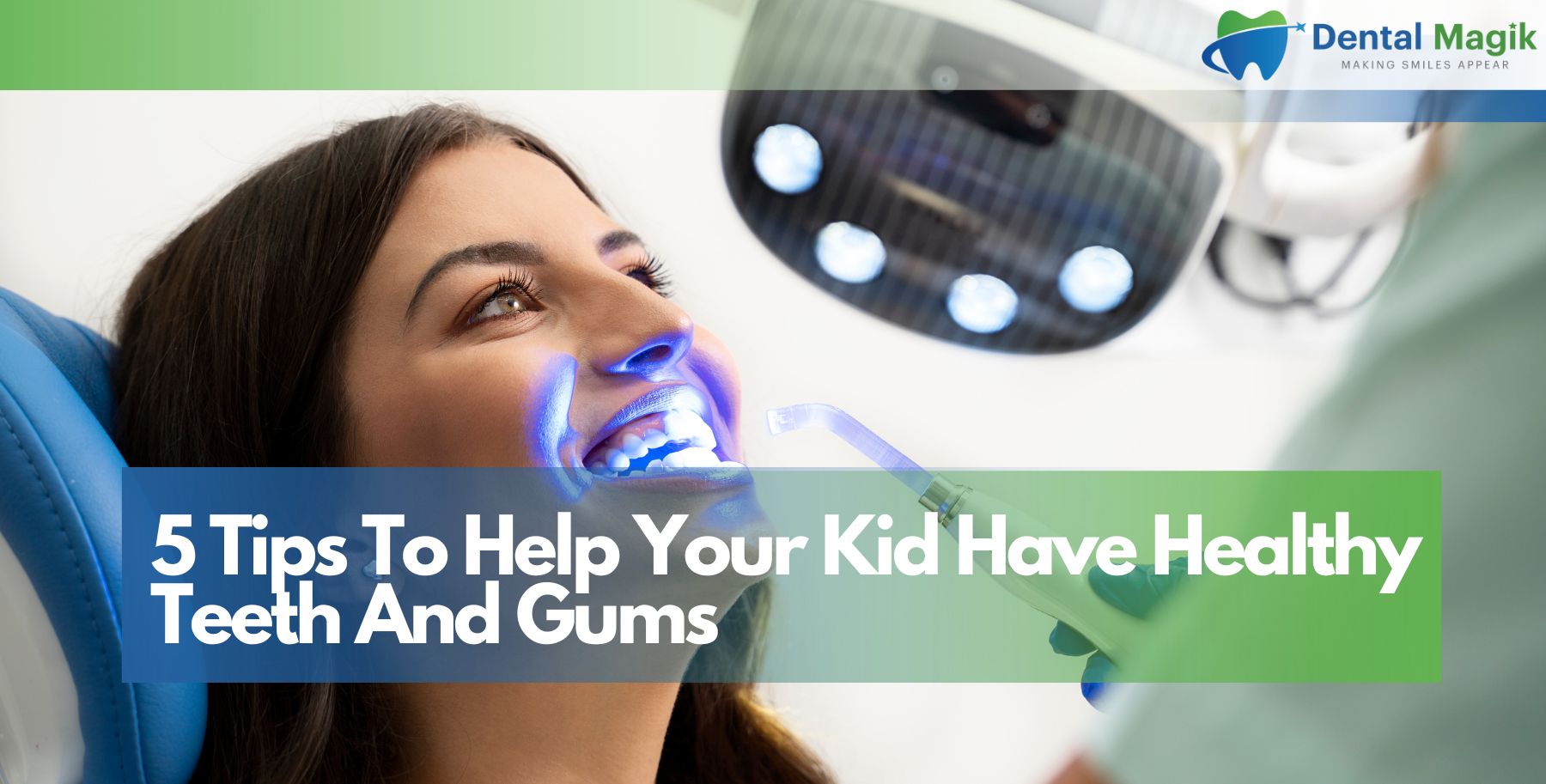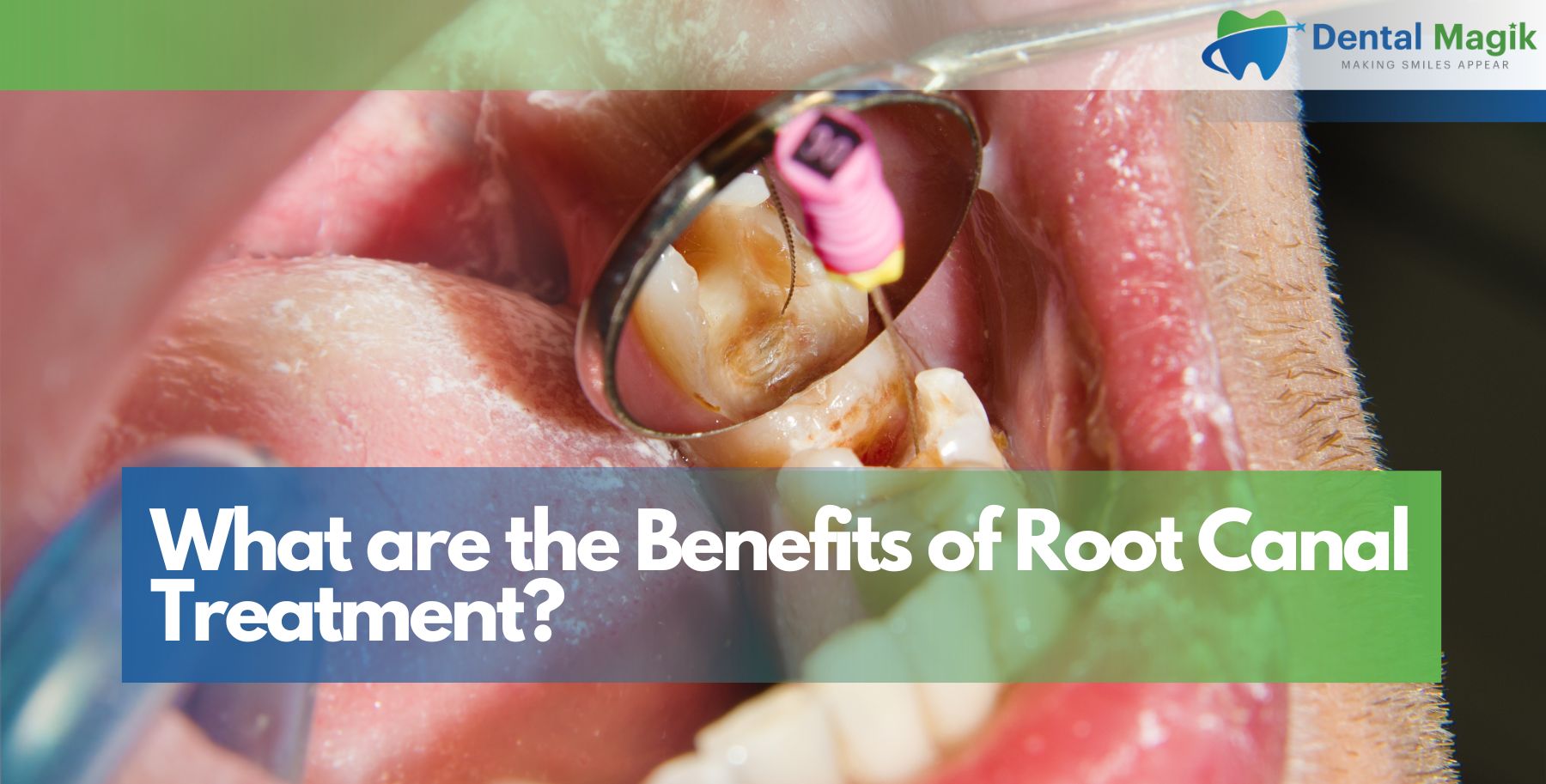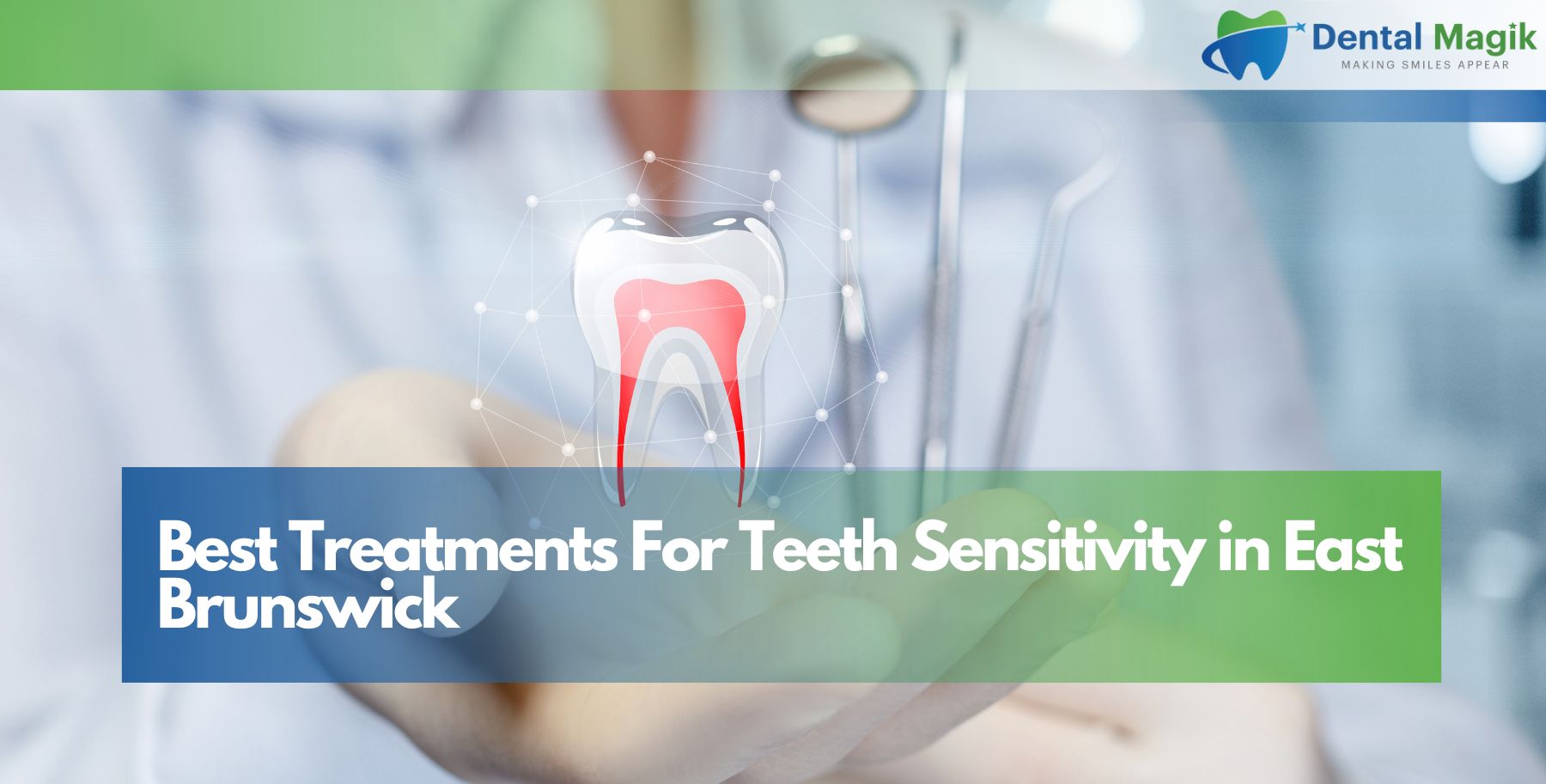A beautiful smile can enhance your appearance, improve your confidence, and make a lasting impression. For many, achieving the perfect smile may feel like an unattainable dream, especially if they struggle with issues such as crooked teeth, stains, chips, or gaps. However, dental veneers offer an effective solution to help you achieve the smile of your dreams.
What Are Veneers?
Veneers are thin shells made of porcelain or composite resin that are bonded to the front surface of your teeth. These shells are custom-made to match the shape, size, and color of your natural teeth, giving you a smile that looks both beautiful and natural.
Dental veneers are designed to improve the aesthetic appearance of your teeth by addressing a variety of issues, such as discoloration, misalignment, and chips. They can be placed on a single tooth or across multiple teeth, depending on the results you’re looking to achieve.
Veneers offer a minimally invasive solution to achieve the perfect smile, without the need for major orthodontic treatments.
How Do Veneers Work?
Veneers work by improving the appearance of your natural teeth. The process begins with a consultation where your dentist assesses the current condition of your teeth and discusses your goals. Based on your needs, your dentist will recommend the best type of veneer for you.
Once the type of veneer is chosen, your dentist prepares your teeth by removing a small amount of enamel from the surface. This is done to ensure the veneer fits properly and adheres securely to the tooth. Impressions are taken of your teeth, which are sent to a dental laboratory where your veneers are custom-made.
After your veneers are ready, your dentist will bond them to your teeth using a special dental adhesive. The result is a beautifully transformed smile that looks natural and enhances your appearance.
Types of Veneers
Veneers come in a variety of materials, each with its own unique characteristics and advantages. The two most popular types of veneers are porcelain and composite resin veneers. Let’s take a closer look at each type:
Porcelain Veneers
Porcelain veneers are known for their natural look and strength. These veneers are made from a thin layer of ceramic material that closely resembles the appearance of natural tooth enamel. They are highly durable, resistant to staining, and provide a long-lasting solution for enhancing your smile.
- Pros:
- Natural appearance
- Stain-resistant
- Long-lasting
- Strong and durable
- Cons:
- Requires removal of a small amount of enamel
- More expensive than composite resin veneers
Composite Resin Veneers
Composite resin veneers are made from a tooth-colored resin material that is sculpted directly onto the teeth. These veneers are typically less expensive than porcelain veneers, and they can be applied in a single visit.
- Pros:
- Less invasive (no removal of enamel required)
- More affordable
- Can be completed in a single appointment
- Cons:
- May be less durable than porcelain
- Prone to staining over time
Which Type of Veneer Is Best?
The best type of veneer for you will depend on your individual needs, preferences, and budget. If you’re looking for a long-lasting, natural-looking smile and don’t mind the higher cost, porcelain veneers may be the best option. On the other hand, if you’re on a budget and prefer a quicker solution, composite resin veneers may be a better choice.
Your dentist will help guide you through the decision-making process, taking into account your smile goals and the condition of your teeth.
What Are the Benefits of Dental Veneers?
Dental veneers offer numerous benefits that can greatly enhance both the aesthetic appeal and health of your smile. Here are some of the main advantages of getting veneers:
1. Improved Aesthetic Appearance
The most significant advantage of dental veneers is their ability to dramatically improve the aesthetic appearance of your smile. Whether your teeth are discolored, chipped, worn down, or misaligned, veneers can address a variety of cosmetic issues.
- Whiter Teeth: Porcelain veneers are highly resistant to staining. For those with stubborn teeth stains that don’t respond to traditional whitening treatments, veneers offer a bright and consistent solution. The color can be customized to match or enhance your natural tooth shade, ensuring a radiant, white smile.
- Fix Imperfections: Veneers are an excellent choice for correcting small cosmetic imperfections like chips, cracks, or uneven teeth. They can be sculpted to create a smooth, uniform surface, providing an even and beautiful appearance.
- Straighter Teeth: For those with minor misalignments or gaps, veneers can help correct the shape and positioning of teeth. While they won’t replace orthodontic treatment for major alignment issues, veneers can offer a non-invasive way to quickly improve the look of your smile without the need for braces.
2. Durability and Longevity
Porcelain veneers are extremely durable and can last 10-15 years with proper care. The material is highly resistant to chips and stains, which means your smile will remain bright and flawless for many years after treatment. Compared to other cosmetic treatments, veneers are one of the most long-lasting solutions for achieving a perfect smile.
- Stain-Resistant: Porcelain veneers have a non-porous surface that resists staining from foods and drinks like coffee, tea, red wine, and tobacco. This ensures that your veneers stay looking fresh and vibrant for much longer than natural teeth.
- Strong and Resilient: Porcelain is a tough material that can withstand the pressure of normal chewing and biting. While not indestructible, it is incredibly durable, especially when compared to other dental restorations like dental bonding.
3. Minimally Invasive Procedure
One of the standout benefits of dental veneers is that they are a minimally invasive treatment. Unlike crowns, which require significant reshaping of the tooth, veneers typically involve the removal of only a small amount of enamel. This preserves most of the natural tooth structure.
- No Need for Extensive Reshaping: Veneers only require a thin layer of enamel to be removed, preserving the integrity of the natural tooth. In some cases, especially with composite resin veneers, no enamel removal may be necessary at all.
- Quick and Easy: The entire procedure to get veneers is typically completed in two visits. The first visit involves preparing your teeth and taking impressions, and the second visit is for the bonding and placement of the final veneers. The process is faster than other aesthetic dental procedures like braces, which can take years to show results.
4. Enhanced Self-Confidence
For many patients, one of the most important benefits of veneers is the boost in self-esteem they provide. People who are self-conscious about their smile often avoid social situations, smiling, or speaking freely because of imperfections in their teeth. Veneers can help correct these imperfections, providing a beautiful and natural smile that enhances your confidence.
- Youthful Appearance: A bright, even smile is often associated with youth and vitality. If your teeth have become worn down over time, veneers can restore a youthful appearance by reshaping and whitening them.
- Boost in Social Confidence: When you feel good about your smile, you’re more likely to engage with others and take part in social activities without feeling self-conscious. Veneers can help you show your best smile without hesitation.
5. Customizable to Your Needs
Dental veneers are highly customizable, making them an ideal choice for a wide range of cosmetic concerns. Your dentist will work with you to design veneers that fit your teeth perfectly, ensuring they complement your natural smile. The shape, size, color, and even the texture of the veneers can be tailored to suit your preferences.
- Choice of Materials: You can choose between porcelain and composite resin veneers. Porcelain veneers are known for their superior strength, stain resistance, and natural appearance, while composite resin veneers are a more affordable option. Your dentist will help you decide which material best meets your cosmetic and functional needs.
- Personalized Results: Veneers can be designed to match the contours of your mouth, ensuring that the final result looks natural and fits seamlessly with the rest of your teeth. You’ll have the opportunity to discuss your desired outcome with your dentist to ensure the best possible results.
6. Protection for Weakened Teeth
In addition to improving the appearance of your smile, dental veneers can offer some protection for teeth that are damaged or weakened. Teeth that are cracked, chipped, or excessively worn down due to habits like grinding can benefit from the protective layer veneers provide.
- Strengthens Damaged Teeth: If you have a weakened tooth due to cracking or decay, veneers can help restore its strength and protect it from further damage. The porcelain or composite resin shells act as a protective barrier against further wear.
- Prevents Further Damage: In cases of enamel erosion or tooth grinding, veneers can prevent further damage by covering the weakened area. This is especially helpful for people who suffer from bruxism (teeth grinding), as veneers can protect teeth from excessive wear over time.
7. Quick and Efficient Solution
For individuals looking for a fast solution to enhance their smile, dental veneers are an excellent option. Unlike orthodontic treatments, such as braces, that can take months or years to show results, veneers provide an instant improvement to your smile. After just two dental visits, you’ll have a brand-new smile that looks both natural and beautiful.
- Immediate Results: Once your veneers are placed, you’ll notice an immediate improvement in the appearance of your teeth. There’s no waiting for months to see results—veneers provide instant aesthetic transformation.
- Time-Efficient: The process of getting veneers usually takes just a few weeks from the initial consultation to the final placement, making them an ideal solution for individuals with busy schedules who want fast results.
8. Low Maintenance
Another advantage of veneers is that they are relatively easy to maintain. While it’s still important to practice good oral hygiene, such as regular brushing and flossing, veneers require minimal upkeep compared to other cosmetic dental treatments. Additionally, porcelain veneers are resistant to stains, so you won’t have to worry as much about discoloration over time.
- Easy to Care For: Veneers can be cleaned just like your natural teeth with regular brushing and flossing. However, you should avoid using abrasive toothpaste or toothbrushes that could scratch the surface of the veneers.
- Fewer Dental Visits: Since veneers are durable and stain-resistant, you won’t need to visit the dentist as often for maintenance. A simple dental check-up and cleaning every six months are typically all that’s required to keep your veneers in good condition.
Step-by-Step Procedure for Getting Veneers
Dental veneers are an excellent solution for improving the appearance of your smile. They can help address issues like discoloration, chips, cracks, misalignment, and gaps in your teeth, providing a natural, bright, and uniform look. While getting veneers is a relatively straightforward process, it’s important to understand what’s involved in each step, so you can feel confident and well-prepared before beginning the treatment.
Step 1: Initial Consultation and Assessment
The first step in the veneer process is scheduling an initial consultation with your dentist. During this appointment, your dentist will assess your oral health, listen to your cosmetic goals, and determine if veneers are the right solution for you. Here’s what typically happens during this visit:
What Happens During the Consultation:
- Examination of Your Teeth and Gums: Your dentist will check for any existing dental issues such as cavities, gum disease, or signs of teeth grinding (bruxism). If you have any underlying oral health problems, they’ll need to be addressed before moving forward with veneers.
- Discussion of Your Goals: Your dentist will discuss what you hope to achieve with veneers, such as correcting stains, closing gaps, straightening crooked teeth, or restoring chipped teeth. This will help them determine the best approach for your specific needs.
- X-Rays and Impressions: In some cases, your dentist may take X-rays or digital scans of your teeth to assess their structure and ensure that veneers will be a suitable option. Impressions of your teeth will also be taken, which will be used to create a custom set of veneers that fit your teeth perfectly.
- Explanation of Treatment Plan: Your dentist will explain the entire process, including how many appointments are required, the cost of the treatment, and what you should expect in terms of results.
Benefits of the Consultation:
- The consultation allows you to ask questions and voice any concerns about the procedure.
- Your dentist can ensure you’re in optimal oral health before proceeding with the treatment.
- You’ll leave with a clear understanding of the expected timeline and outcomes.
Step 2: Preparation of Your Teeth
Once you and your dentist have agreed on the treatment plan, the next step is to prepare your teeth for the veneers. This is a crucial part of the process, as it ensures that the veneers fit securely and look natural.
What Happens During the Tooth Preparation:
- Enamel Removal: In most cases, a small amount of enamel (the outer layer of your teeth) will need to be removed to accommodate the thickness of the veneer. Typically, about 0.5mm to 1mm of enamel is shaved off. This process helps the veneer bond securely to your tooth and ensures a comfortable fit.
- Local Anesthesia: To ensure that you are comfortable throughout the procedure, your dentist may apply a local anesthetic to numb the area. This minimizes any discomfort or sensitivity during the enamel removal.
- Temporary Veneers (if needed): After the enamel is removed, your dentist may place a temporary veneer or shell over your teeth to protect them while the permanent veneers are being created in the dental laboratory. Temporary veneers are typically made from composite resin and serve as a placeholder until the final veneers are ready.
Benefits of Tooth Preparation:
- Ensures a Secure Fit: Shaping the teeth before applying the veneers guarantees that they will fit seamlessly and comfortably.
- Prevents Discomfort: The removal of enamel allows for better bonding, which can help avoid discomfort in the long run.
Step 3: Creating Custom Veneers
After your teeth are prepared, the next step is to create your custom veneers. This process usually takes place in a dental laboratory and can take anywhere from one to two weeks. During this time, your dentist will work with a dental lab technician to ensure that your veneers are made to fit your teeth perfectly.
What Happens During This Step:
- Creating Impressions: Your dentist will take detailed impressions or digital scans of your teeth. These impressions are used to craft custom veneers that match the shape and size of your natural teeth.
- Choosing the Right Shade: You and your dentist will work together to select the appropriate color for your veneers. The goal is to match the veneers to your natural teeth or to create a brighter, more uniform shade that complements your smile.
- Fabrication: The impressions and shade selection are sent to the dental lab, where the veneers are crafted from porcelain or composite resin. The lab technicians will ensure the veneers are made to the exact specifications for your teeth and smile.
Benefits of Custom Veneers:
- Perfect Fit and Comfort: Custom veneers are made to fit your teeth precisely, ensuring a natural and comfortable look.
- Personalization: You have control over the color and shape of your veneers, allowing for a personalized result that enhances your smile.
Step 4: Fitting and Bonding the Veneers
Once your custom veneers are ready, you’ll return to your dentist for the final fitting and bonding process. This is where the magic happens, as your new veneers are placed onto your teeth to create a beautiful, seamless smile.
What Happens During the Fitting:
- Initial Fitting: Your dentist will place the veneers on your teeth temporarily to check their fit, shape, and color. This step ensures that the veneers blend naturally with your other teeth and that they are comfortable to wear.
- Adjustment: If necessary, your dentist may make small adjustments to the veneers to ensure they fit perfectly. This could involve reshaping the veneers or making slight adjustments to the edges to improve comfort or alignment.
- Bonding Process: Once the veneers fit properly, your dentist will clean your teeth thoroughly and apply a special bonding agent to the front surface of your teeth. The veneers are then carefully positioned and bonded to your teeth using a strong adhesive.
- Curing the Bonding Material: A special light is used to harden and set the bonding material, ensuring a secure and lasting attachment.
- Final Adjustments: After the veneers are bonded, your dentist will check your bite and make any final adjustments to ensure everything aligns correctly and comfortably.
Benefits of the Bonding Process:
- Durability: The bonding material ensures a strong and durable bond between your veneers and natural teeth.
- Instant Results: Once the veneers are bonded, you’ll instantly have a beautifully enhanced smile.
Step 5: Aftercare and Maintenance
After your veneers are in place, it’s essential to care for them properly to ensure they last for many years. Veneers are durable, but they require the same care as natural teeth to maintain their appearance and longevity.
Tips for Aftercare:
- Avoid Hard Foods: While veneers are strong, it’s a good idea to avoid biting into hard foods, such as ice or hard candy, that could potentially damage them.
- Good Oral Hygiene: Continue brushing and flossing your teeth as usual. Regular oral hygiene is vital to maintaining the health of both your veneers and natural teeth.
- Avoid Staining Agents: Porcelain veneers are resistant to staining, but it’s still a good idea to avoid excessive consumption of coffee, tea, and red wine to help keep them looking their best.
- Regular Dental Check-Ups: Schedule regular dental check-ups to ensure your veneers and natural teeth remain in good health.
Benefits of Proper Aftercare:
- Longevity: Proper care and maintenance will help your veneers last for many years.
- Smile Confidence: By maintaining your veneers and natural teeth, you’ll be able to enjoy your beautiful smile for an extended period.
Transform Your Smile with Veneers
Veneers are one of the most popular and effective ways to transform your smile. Whether you’re dealing with stains, gaps, misalignment, or other imperfections, veneers can help you achieve a flawless, radiant smile.
By working with an experienced dentist, you can ensure that your veneers are placed correctly and provide the best possible results. Veneers are a long-term solution that can help you feel more confident and proud of your smile.
Caring for Your Veneers: Tips for Long-Lasting Results
Caring for your veneers is crucial to ensuring their longevity and maintaining your beautiful smile. Here are some essential tips for caring for your veneers:
- Practice Good Oral Hygiene: Brush and floss your teeth regularly to maintain your oral health and prevent plaque buildup.
- Avoid Hard or Sticky Foods: Veneers are strong, but they can be damaged by biting into hard objects or chewing sticky foods.
- Wear a Mouthguard: If you grind your teeth at night, consider wearing a mouthguard to protect your veneers from damage.
- Regular Dental Checkups: Visit your dentist for routine checkups and cleanings to ensure your veneers remain in good condition.
5 Ways Veneers Can Improve Your Smile and Turn Back Time
Your smile is often one of the first things people notice about you. It has the power to make a lasting impression and can significantly impact your self-esteem and confidence. However, over time, factors like aging, lifestyle habits, and dental issues can affect the appearance of your teeth. If you find yourself hiding your smile or feeling self-conscious about your teeth, veneers may be the perfect solution to restore your smile to its former glory.
Veneers are a popular cosmetic dental treatment designed to enhance the appearance of your teeth. Made from thin shells of porcelain or composite resin, they cover the front surfaces of your teeth to address aesthetic imperfections such as stains, chips, cracks, and misalignment. They are highly effective at creating a brighter, more youthful smile.
1. Brighten Your Smile and Restore Youthfulness
As we age, our teeth naturally become more prone to discoloration and staining due to lifestyle factors like consuming coffee, tea, wine, and smoking. Additionally, the enamel on our teeth may wear down over time, making the underlying dentin more visible and contributing to a dull, yellowed appearance. If you’re struggling with stained or discolored teeth that don’t respond well to whitening treatments, veneers offer a long-lasting solution.
How Veneers Brighten Your Smile
Veneers are designed to cover your teeth with a thin layer of porcelain or composite resin that can be customized to match your desired shade. Porcelain veneers, in particular, are known for their ability to mimic the translucency of natural teeth and can be made to a bright white shade, providing a more youthful and vibrant appearance. Unlike natural teeth, veneers are resistant to staining, meaning your smile will stay bright and white for years to come, making them an ideal option for individuals with persistent discoloration.
The appearance of stained teeth can make you look older than you feel. By replacing stained or discolored teeth with bright, white veneers, you can not only regain the youthfulness of your smile but also refresh your overall appearance, helping you look and feel years younger.
2. Straighten Crooked Teeth without Braces
Crooked, misaligned, or unevenly spaced teeth are common dental concerns that many people struggle with, especially as they grow older. While traditional braces can be effective at correcting misalignment, they are often a time-consuming and noticeable solution, requiring months or even years of treatment.
How Veneers Help Straighten Your Smile
Veneers can be a game-changer for people who want to achieve a straighter smile without undergoing extensive orthodontic treatments. By applying veneers to the front of your teeth, a cosmetic dentist can create the appearance of straight teeth, close gaps, and align your smile. The process involves carefully shaping each veneer to create a balanced and harmonious look, without the need for braces or aligners.
Crooked or misaligned teeth can give the impression of an older, less polished smile. With veneers, you can instantly transform the appearance of your teeth, giving you a smooth, symmetrical smile that complements your facial features. Veneers can also help restore your smile’s youthful proportions, as crooked teeth may cause your face to look less symmetrical or even contribute to the appearance of sagging around the mouth. Veneers can remedy these concerns, giving you a more youthful, vibrant appearance.
3. Close Gaps and Fix Uneven Teeth
Gaps between teeth can be a major source of self-consciousness for many people. These gaps can occur naturally or as a result of certain dental issues, such as tooth loss or the shifting of teeth over time. Similarly, teeth that are uneven in size or shape can affect the symmetry and balance of your smile, leaving you feeling less than confident.
How Veneers Close Gaps and Create Symmetry
Veneers are an excellent way to close gaps between teeth and improve the overall appearance of your smile. Your dentist will take precise measurements of your teeth to design custom veneers that fit perfectly, filling in any spaces or uneven areas. The veneers are bonded to your teeth, creating a seamless, natural-looking alignment that enhances the symmetry of your smile.
A smile with gaps or uneven teeth can make you look older, as it may give the impression of wear and tear or natural aging. By closing gaps and correcting tooth shapes with veneers, you can restore a youthful, even smile that exudes confidence. Veneers help create a more balanced appearance that doesn’t just look youthful but feels fresh and revitalized.
4. Repair Chips, Cracks, and Damage to Teeth
Accidents, trauma, or general wear and tear can lead to chipped, cracked, or damaged teeth. These imperfections can be difficult to fix using traditional methods like bonding, and they often leave people feeling self-conscious about their appearance. Fortunately, veneers provide a simple and effective solution to restore the look and function of your damaged teeth.
How Veneers Fix Chips and Cracks
Veneers can be used to cover chipped, cracked, or worn-down teeth, providing a smooth, flawless surface. The process involves carefully placing custom-made veneers over the affected teeth to conceal imperfections and restore the tooth’s original shape. Whether it’s a small chip on a single tooth or multiple cracks across your smile, veneers can repair damage and enhance the overall aesthetic of your teeth.
Chipped or cracked teeth are often associated with aging, as the wear and tear on teeth naturally increases over time. Veneers help restore the youthful look of your smile by repairing these imperfections, giving you a smooth, flawless finish. Not only do veneers provide a cosmetic solution, but they also protect damaged teeth from further wear and prevent potential dental issues in the future.
5. Enhance the Shape and Size of Your Teeth
As we age, the size and shape of our teeth can change. Teeth may become shorter, worn down, or more uneven over time, affecting the proportions of your smile. Additionally, some people may be born with teeth that are naturally too small or misshapen. For individuals with these concerns, veneers can provide a way to enhance the shape and size of their teeth.
How Veneers Improve Shape and Size
Veneers can be designed to enhance the shape, size, and symmetry of your teeth. Whether you want your teeth to appear longer, fuller, or more symmetrical, your dentist can customize your veneers to achieve the desired result. The thin shells of porcelain or composite resin are shaped to fit seamlessly over your natural teeth, providing a smooth and natural appearance that complements the rest of your facial features.
As teeth become worn down or lose their shape over time, the overall appearance of your smile may begin to look aged. Veneers can reverse these effects by restoring the size and shape of your teeth, resulting in a more youthful, refreshed smile. Veneers can also enhance the facial contours around your mouth, helping to restore the natural proportions of your face and giving you a youthful, radiant look.
Conclusion
Veneers are an excellent solution for anyone looking to improve the appearance of their smile. Whether you’re dealing with staining, misalignment, chips, or gaps, veneers offer a fast and effective way to achieve the smile of your dreams. At Dental Magik, local Dentist in East Brunswick, NJ, we specialize in helping patients transform their smiles with high-quality veneers. If you’re interested in learning more about veneers and how they can benefit you, schedule a consultation with us today and take the first step toward achieving the perfect smile.







